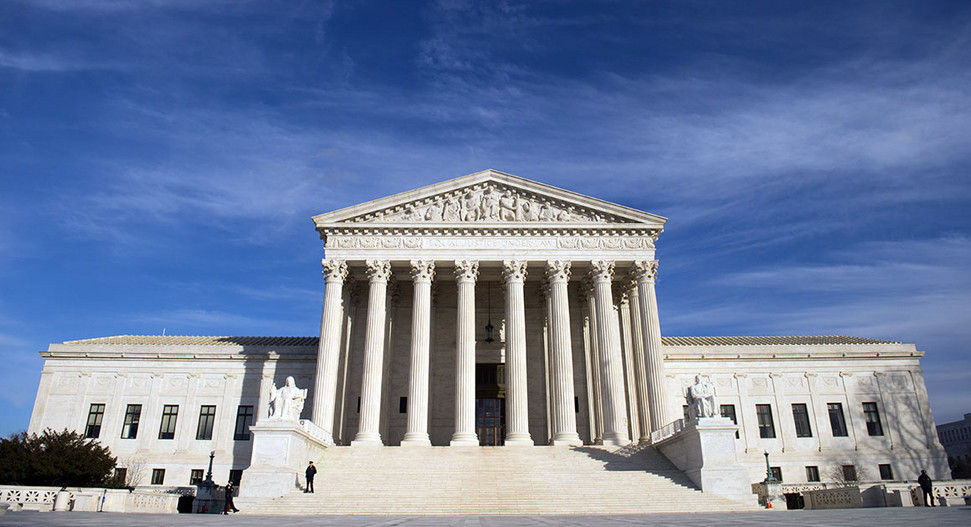
Latinx leaders react: SCOTUS rules asylum seekers can’t challenge removals
In a major win for the Trump administration, the ruling could affect thousands of immigrants.
The case arose when Sri Lankan immigrant, Vijayakumar Thuraissigiam, was detained upon entering the U.S. via Mexico.
Immigrants who claim asylum must first prove to immigration officials they have a "credible fear" of persecution in their country of origin to proceed with the full asylum process.
If they fail, they can be deported without ever having the opportunity to make their case in court.
This was the issue Thuraissigiam faced, however the 9th U.S. Circuit of Appeals intervened on his behalf, declaring the immigration laws unconstitutional.
Still, the United States Supreme Court ruled against Thuraissigiam’s case on Thursday, in a 7-2 decision allowing the administration to fast-track the removal process, and could affect thousands of immigrants.
RELATED CONTENT
This is a shameful SCOTUS decision.
— Voto Latino (@votolatino) June 25, 2020
SCOTUS said rejected asylum seekers have no right to object in court.
The only justices that dissented were Sonia Sotomayor and Elena Kagan.https://t.co/lnNhYDZhaR
“Congress is entitled to set the conditions for an alien’s lawful entry into this country and that, as a result, an alien at the threshold of initial entry cannot claim any greater rights under the Due Process Clause," Justice Samuel Alito wrote for the majority opinion.
Many have criticized the Supreme Court’s decision, agreeing with the 9th U.S. circuit of Appeals that it fails to live up to the Constitution’s bedrock principle that everyone gets their day in court.
Justices Elena Kagan, and the Supreme Court’s first Latina Justice Sonia Sotomayor were the ruling’s only justices opposed to the majority.
In her dissenting opinion, Sotomayor said Congress had essentially blocked the courts from upholding a lawful judicial process into asylum claims — a decision that restricts the rights of asylum seekers and undermines human rights.
“Today’s decision handcuffs the judiciary’s ability to perform its constitutional duty to safeguard individual liberty and dismantles a critical component of the separation of powers,” Sotomayor said.
The winning argument, here, is that Congress is entitled to set the ground rules for immigration.
Though last week the Supreme Court ruled in favor of young undocumented immigrants known as DREAMers in upholding DACA, Thursday’s decision is a reminder that the Supreme Court is not on anyone’s side.










LEAVE A COMMENT: